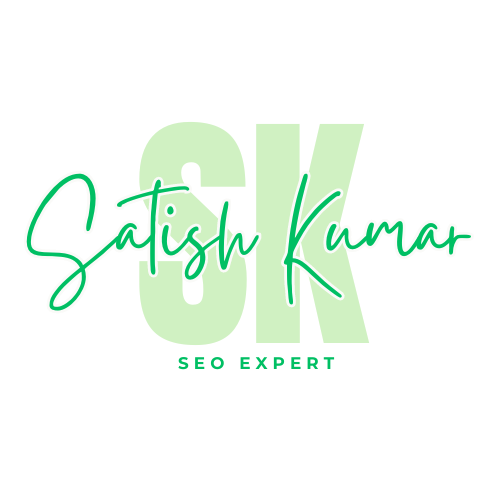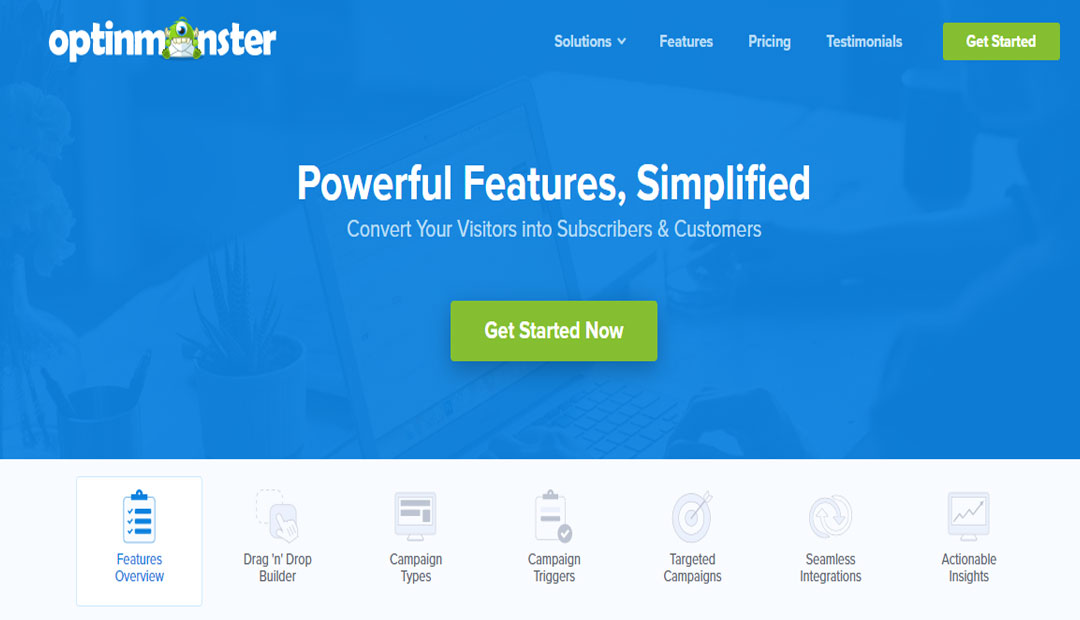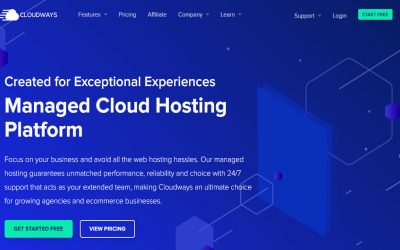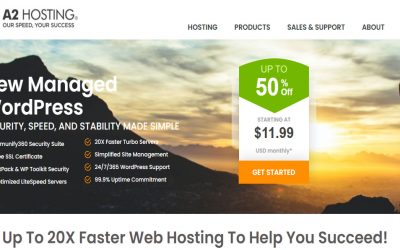OptinMonster has become the go-to tool for marketers looking to generate leads. The question is whether or not it’s still the best option in 2021.
OptinMonster was founded in 2009 by Mark Traphagen and his team. They created the first opt-in marketing software that allowed businesses to create landing pages, collect emails, and send out newsletters. Since then, they’ve grown into a leading provider of email marketing tools.
With over 3 million subscribers and millions of dollars in revenue each year, OptinMonster is a proven success story. Their customers love their service because it makes generating leads easier than ever before. But what if I told you there’s an even better lead generation tool on the market today? One with no monthly fees, no long term contracts, and no credit card required? That’s right – I’m talking about MailChimp. Let’s take a closer look at how these two top lead generation platforms stack up against one another.
What Is It?
MailChimp is a free email marketing platform that allows users to create beautiful campaigns without any coding knowledge. You can easily build your own autoresponder sequences, use prebuilt templates, and customize your messages using drag and drop features.
How Does It Work?
The beauty of MailChimp is its simplicity. Once you sign up, you’ll be given a welcome email explaining all the different ways you can use the platform. From there, you can start creating beautiful campaigns that are easy to share across social media.
The great thing about MailChimp is that you don’t need to know anything about HTML or CSS to get started. Simply choose from a variety of pre-designed layouts, add text, images, videos, and links, and then preview your message in real time. If you want more control over your design, you can always access the editor and make changes yourself.
You can also use MailChimp as a content management system (CMS) to publish blog posts, articles, and other types of content directly through your account. Just like WordPress, you can edit everything within the interface itself.
You can also integrate MailChimp with third party apps such as Zapier, Google Sheets, and Slack. This means you can automate tasks like sending new subscribers a welcome email when someone signs up for your mailing list.
Who Uses It?
MailChimps biggest advantage is that it’s completely free. There are no hidden costs or long term contracts. Plus, it’s very easy to set up and use. With this in mind, we’d say that MailChimp is ideal for small business owners who want to quickly generate leads without spending too much money.
If you’re just getting started, MailChimp offers a 14 day trial so you can test drive the platform before committing to a paid plan. And if you decide that it doesn’t meet your needs, you can cancel anytime.
Pros:
Free
Easy to Use
Cons:
No Longer Offers Free Autoresponders
Doesn’t Offer A/B Testing
How Much Will It Cost?
There are three pricing plans available: Standard ($10 per month), Pro ($15 per month), and Enterprise ($25 per month). The standard option includes unlimited contacts, 1GB storage space, 10,000 emails sent per month, and 30 days of free trials. The pro package adds advanced reporting, 2GB of storage space, 100,000 emails sent per quarter, and 60 days of free trials. Finally, enterprise gives you access to all the features of both the standard and pro packages plus additional integrations and support.
Final Thoughts
MailChimp isn’t the cheapest lead generation tool out there but it does offer some unique features that make it worth considering. For example, they have a built-in autoresponder sequence feature which lets you send automated follow ups to people who opt into your list. They also give you full access to your data so you can see exactly how many people signed up for your campaign and how many opened and clicked on your emails.
Overall, MailChimp has been around since 2004 and has become one of the most popular email marketing tools in the world. So if you’re looking for a simple way to manage your email campaigns, MailChimp may be a good fit.
What Is Email Marketing Software? | How To Create An Effective Email Campaign
Email marketing software helps businesses create, send, track, personalize, segment, and measure their email messages. In this video, we explain what email marketing software is, how to select the right solution, and why every marketer should consider using email marketing software.
5 Best CRM Software 2018 – Comparison & Reviews
CRM stands for Customer Relationship Management. It is an integrated software used by sales team to keep track of customer information and communicate with them. Salesforce is the world’s 1 CRM provider and is used by more than 75% of Fortune 500 companies.
Top 5 CRM Software 2019 | Cloud vs On Premise
CRM is a type of software that allows organizations to manage customers, prospects, partners, and employees from a single source. It is a cloud based application that provides real time visibility across the organization.
Why Should I Choose Your CRM Solution?
CRM solutions help you build strong relationships with your customers and streamline your sales process. By providing you with detailed reports about your customers’ behavior, CRM applications allow you to identify opportunities, target new leads, and improve conversion rates.
The Top 5 CRM Software 2019
1) Salesforce
2) HubSpot
3) Pipedrive
4) Zoho
5) Marketo
Best CRM Software 2019
Salesforce
Hubspot
Pipedrive
Zoho
Marketo
Which CRM Software Should You Buy?
Salesforce
HubSpot
Pipedrive
Marketo
Zoho
Cloud or On Premise
On premise means installing the software on your own servers. This requires technical expertise as well as investment upfront.
Cloud means hosting the software in third party’s datacentre. You don’t need any special skills to use these services. But you need to pay monthly subscription fee.
If you want to start small then go for on premise CRM. If you want to grow quickly then choose cloud CRM.
How Do I Choose A CRM Solution?
You must first understand your business goals before choosing a CRM solution. Once you know your business objectives, you can compare different CRM solutions to find the one that fits your needs.
Here Are Some Of The Key Factors That Will Help You Select The Right CRM Solution:
Your Business Goals
Do you want to increase revenue? Or do you want to reduce costs?
Customer Experience
Do you want to provide better service to your existing customers? Or do you want your customers to recommend your products/services to others?
Data Security
Are you concerned about data security?
Scalability
Do you plan to expand your operations?
Integration
Does your current system integrate with other systems?
Cost
Can you afford it?
Once you have decided which factors are important to your business, you can narrow down your search to the top 3-5 CRM solutions available today.





0 Comments